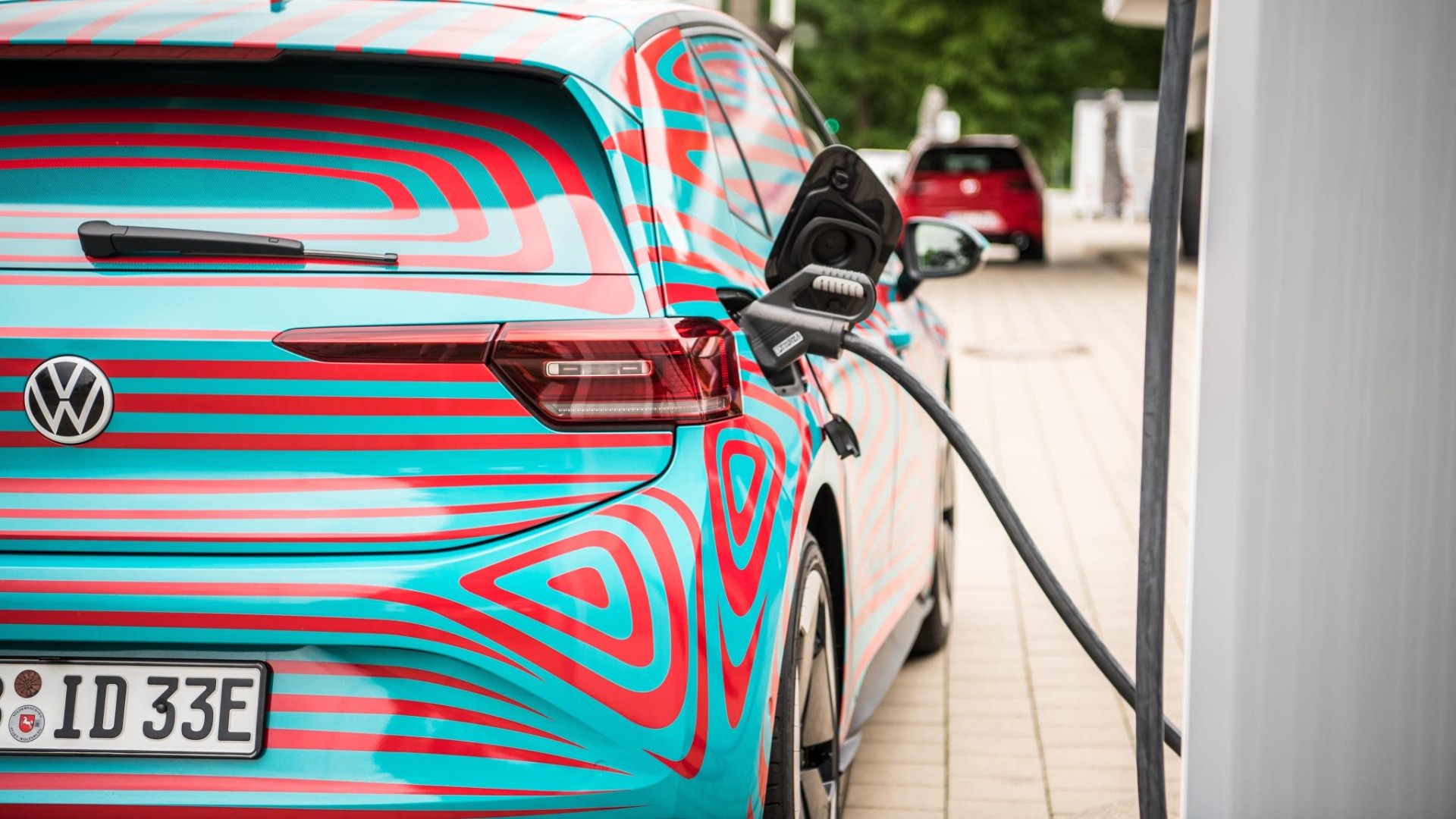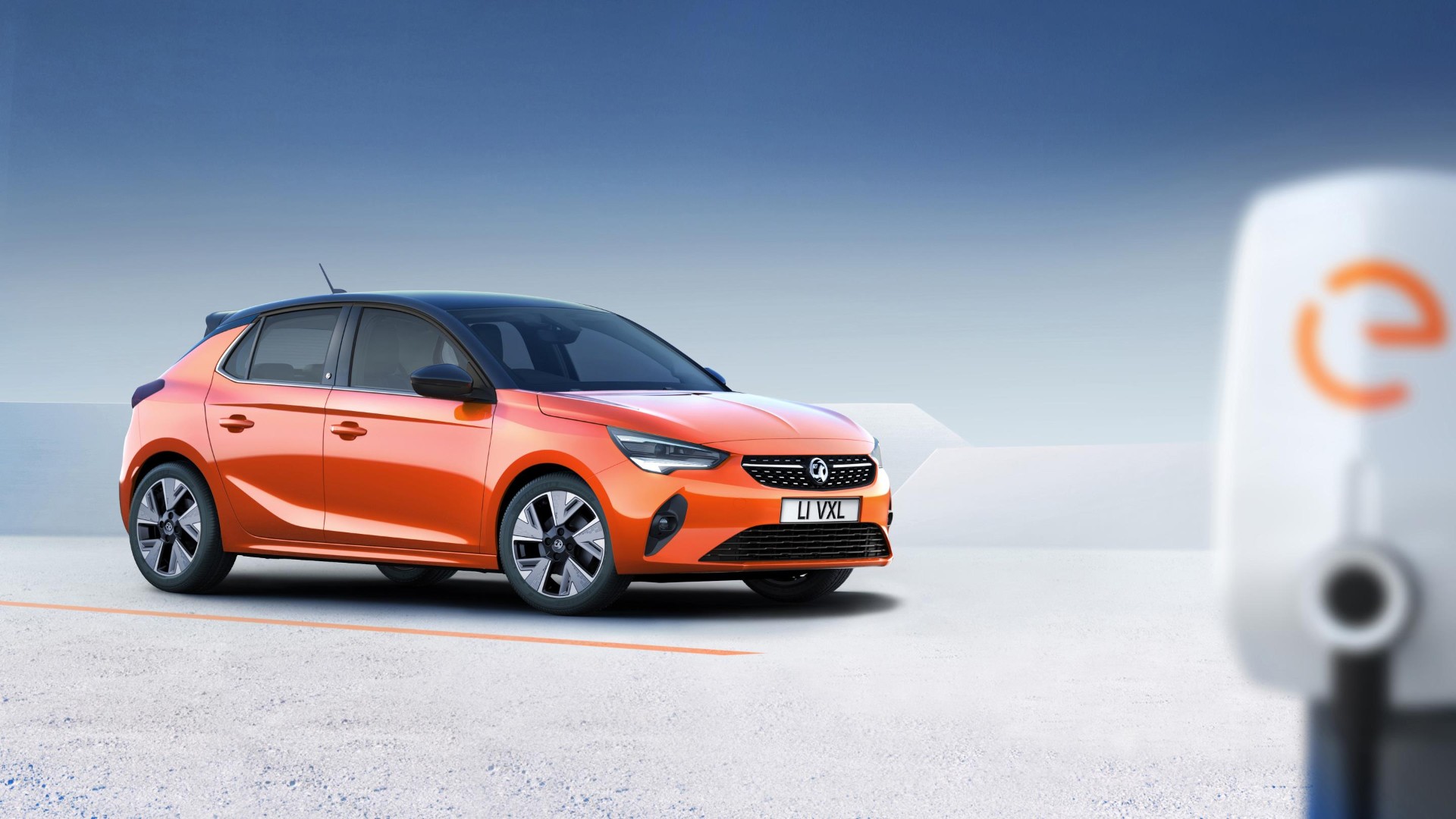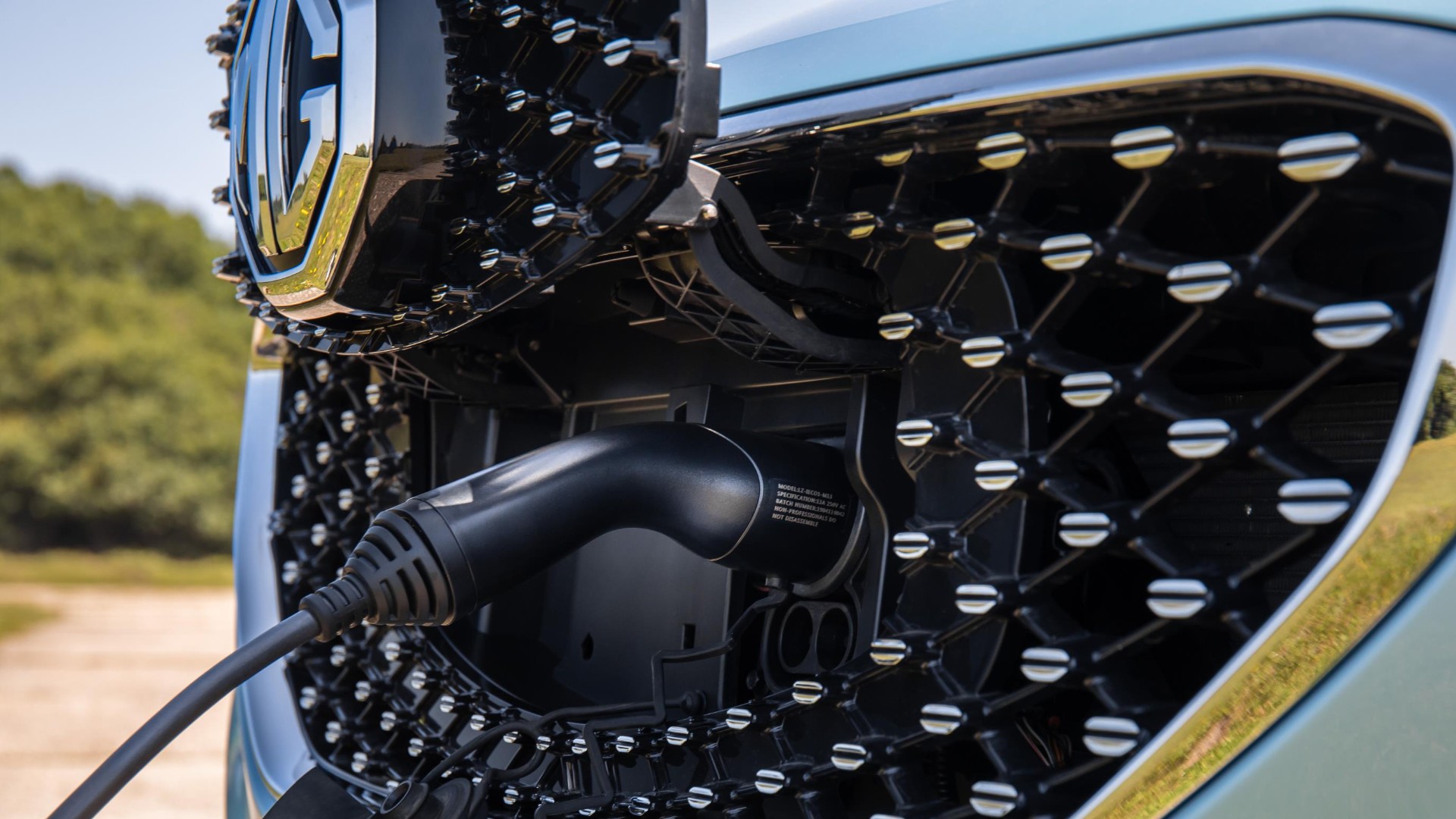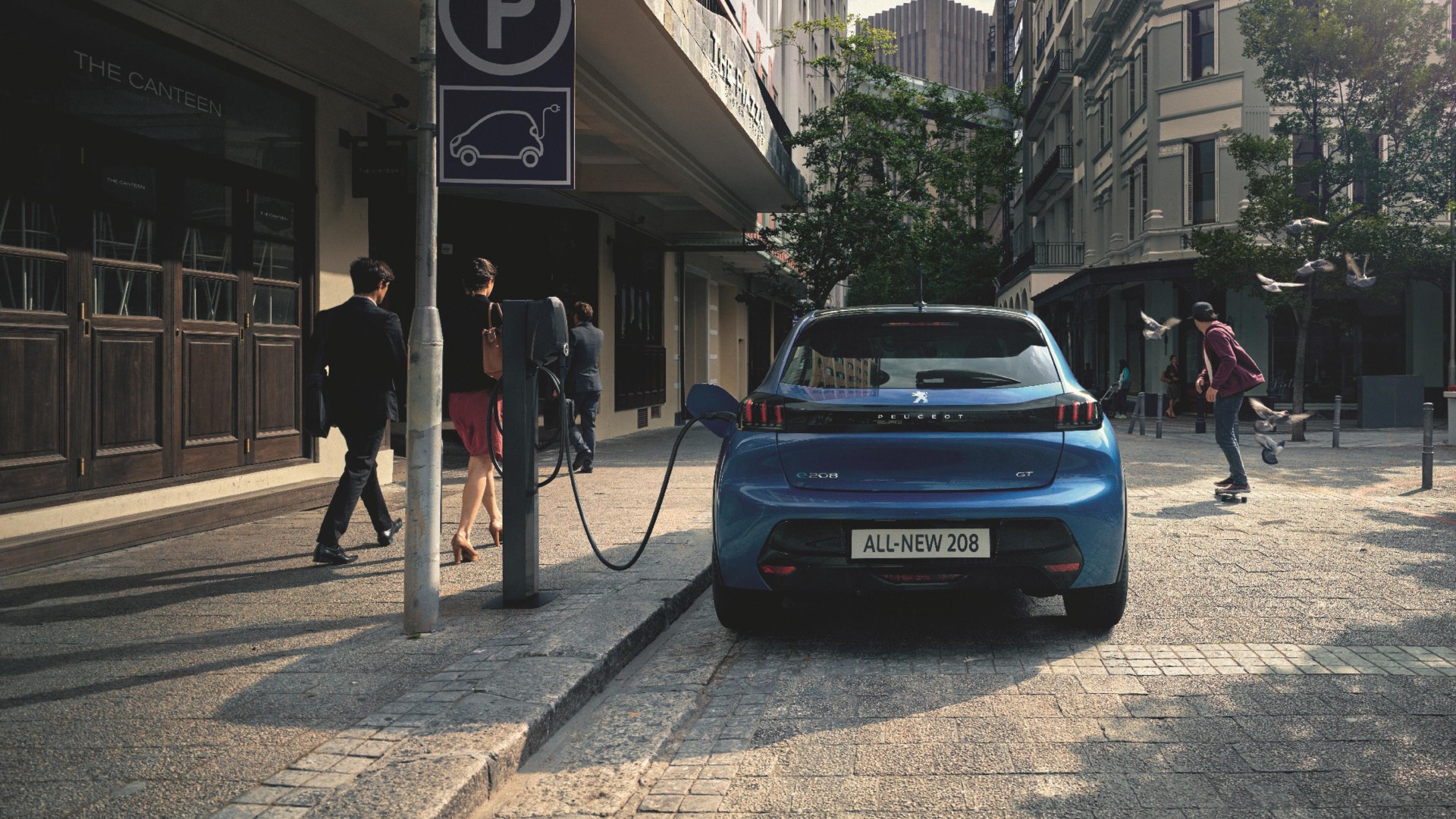
Claims about electric cars saving you money usually pertain to how much they cost to ‘fill up’.
Tesla’s website has a calculator that shows how much you pay for charging, allowing comparisons with a tankful of petrol or diesel. The figures are impressive, but does an electric car actually save you money overall?
MoneySupermarket has crunched the numbers to find out which fuel type ends up the cheapest over the ownership of a car. The results are interesting.
Electric versus fuel: buying and running

The overall figures are fairly damning for electric cars. At present, EVs are around £10,000 more expensive to buy than petrol-engined cars. Diesels are a bit more expensive, but still markedly cheaper than an EV upfront.
Where it gets interesting is lifetime running costs. This includes servicing and ‘fuelling’. Over the course of a year, MoneySupermarket reckons an EV could save you £500 in ‘fuel’ versus petrol, and £425 versus diesel.
Electric car servicing is cheaper, too, costing £167 on average, compared with £228 for petrol and £309 for diesel. Add up the average cost of tax, which is £143, and you’ve got an overall annual saving of £711 against petrol, and £710 against diesel.
A petrol car will cost you around £10,000 to run over six years on average, by comparison with around £6,400 for an EV. Over six years, including both purchase and running, a petrol car costs an average of £26,941. A diesel costs £36,698. Electric, meanwhile, averages out at £37,699.

Assuming that expenses stay the same, including servicing, fuel and electricity, over 12 years the saving is £7,200 in an EV. However, that still doesn’t make up the difference versus a petrol car.
In fact, it would take around 14 years for your EV to comparatively ‘pay you back’.
- How to slice your monthly fuel costs
Why people haven’t switched yet

The above cost is reflected in people’s reasoning around electric cars: 51 percent would switch if they were cheaper to buy.
Inconvenience is the second major factor, with 40 percent saying they hadn’t switched to an EV because of the lack of charging infrastructure.
Then again, fuel will get more expensive and electric cars are getting cheaper. The jumping-off point is coming, sooner or later, for most car buyers. It just needs the numbers to add up – even if they don’t yet.